Theme 2021 – “Victims’ Voices Lead the Way”
Visit the dedicated website here



The Traffik Analysis Hub (TUB) will hold its annual Intelligence Community Conference on 22 July 2021 14:00- 16:00 (BST) & (15:00 – 17:00 (CET).
The conference will put a spotlight on the economy of human trafficking and will follow a series of conversations surrounding the errant economy that sustains trafficking and exploitation. The conference will also focus on the importance of intelligence networks and survivor stories.
To register: https://zoom.us/webinar/register/WN_lwBPcgF4TuOAOclgDS4lvQ

To celebrate the World Day Against Child Labour, the Good Shepherd International Foundation and Bon Pasteur Kolwezi are holding a webinar entitled:
WHAT WORKS TO ELIMINATE CHILD LABOUR IN ARTISANAL MINING
The Experience of Bon Pasteur Kolwezi
Date: Monday, June 14th 2-4pm CEST (The webinar will be in English. Translation in French available).
To register for the event: https://docs.google.com/forms/d/e/1FAIpQLSftHleLJPLeqnn5SYgciAGMZT6Y-kkv6oL1HJmRrfzN3pCUtg/viewform
For further information: events@gsif.it

International Justice Mission (IJM) Philippines invites you, your congregation, and networks to this year’s Manila Prayer Gathering (MPG) Online on June 25, 2021.
Join and register promptly on this following link http://bit.ly/ManilaPrayerGathering before June 20 to receive the link for MPG Online.
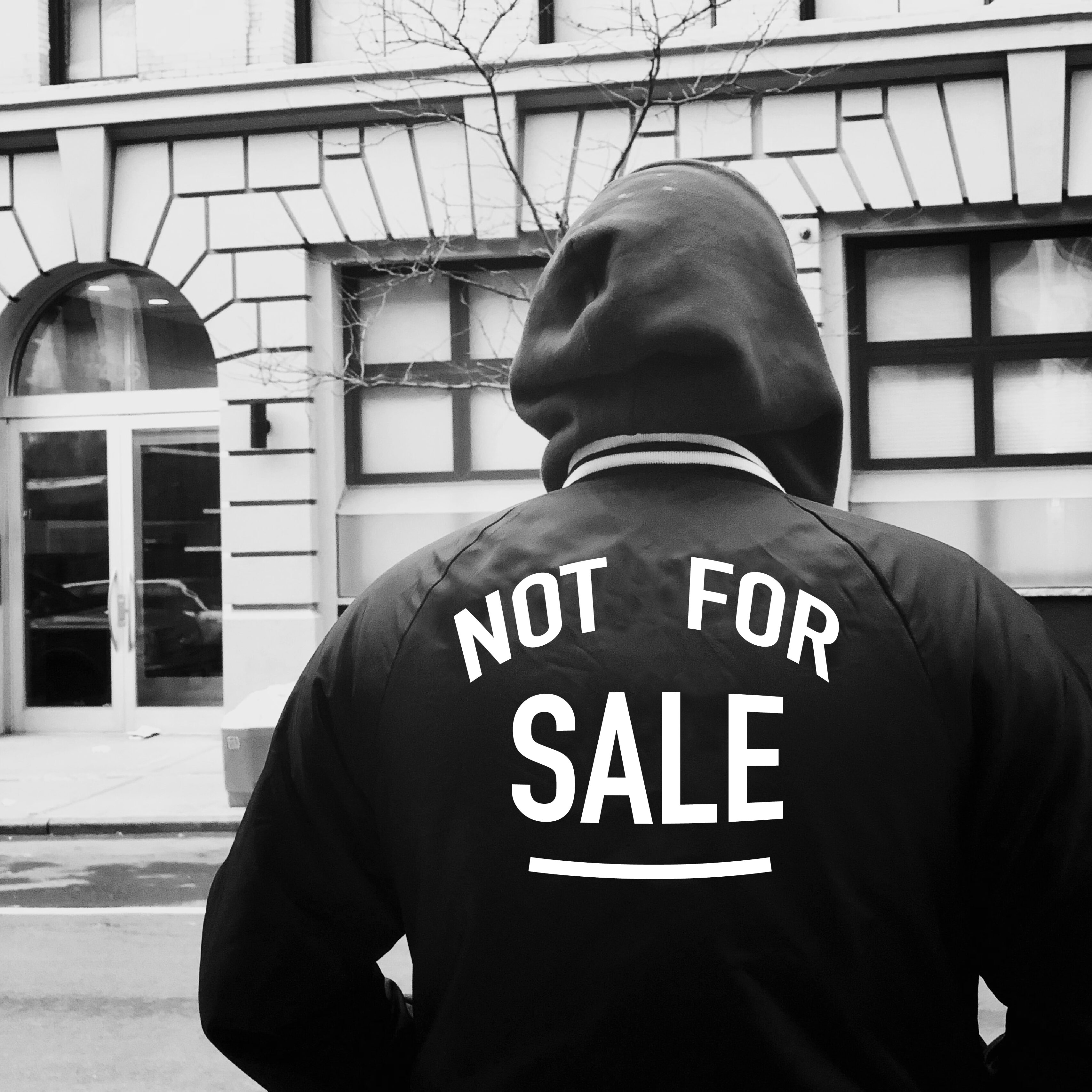
“You are not for sale!” is the slogan of CARITAS Slovakia’s new campaign. In Slovakia, Caritas plays an important role in the fight against human trafficking, by means of helping victims and also by organising prevention and education activities. In the Not for Sale campaign, the organisation wants to appeal to young women and girls in particular and to warn them of the dangers that are more real than we think.
Since 2008, when Caritas started implementing its victim-assistance programme, it has helped more than 120 victims of human trafficking under the Programme for the Support and Protection of Victims of Trafficking in Human Beings which is financed by the Ministry of the Interior of the Slovak Republic. It gradually expanded the initial victim-care project to include assisted voluntary return services and the operation of a free National Helpline for Victims of Trafficking 0800 800 818. In this new campaign, Caritas warns against sexual exploitation which is the second most common form of trafficking registered in Slovakia in the past year, and it is the most common form of exploitation in the EU.
“Your worth lies not just in your body, but first and foremost in who you are. You are as precious as a diamond. Therefore, do not allow anyone to treat you like a commodity, ” the actress Petra Polnišová says in one of the three videos.
In addition to the participation of this popular actress, the rapper EGO, already known from a previous CARITAS Slovakia campaign against forced labor, is part of this current campaign and, in a third short video, a former Caritas client who herself experienced the nightmare of sexual exploitation abroad authentically talks about her experience.
The risk of modern-day slavery generally threatens the poorer regions of southern and eastern Slovakia, where there is a shortage of jobs, and, in the form of sexual exploitation, it mainly affects Roma women and girls. Victims are often lured by perpetrators who pretend to have a romantic relationship with them, or approach them with an offer of a promising job and a vision of a better life. After being transported abroad or away from home within Slovakia, their personal documents are confiscated and are forced to engage in prostitution through psychological and physical abuse. Alarmingly, almost half of the identified victims of sexual exploitation in Slovakia in the last year were children.
The Not for Sale campaign builds on a previous series of videos from the 2019 campaign called Don’t Become a Slave/Do Not Get Enslaved. The aim of both campaigns is to reach out to young people in their own language and to inform them about the risks that they can easily overlook due to socio-economic conditions in an effort to “improve” their lives.
Jana Urbanová, who is the prevention coordinator of the STOP Human Trafficking project believes “on the one hand, it is the greed and egoism of the traffickers who see others as a means of enrichment. On the other hand, it is also extreme poverty that leads vulnerable groups to accept a dubious job offer or believe in beautiful promises of a better future. Here we come across the acute problem of marginalized Roma communities, which has still not been addressed effectively enough. In addition, the problem also affects children, who are all the more vulnerable in these inadequate conditions.‘‘
According to Jana, there is a great need to raise the awareness of social workers and other representatives of the state infrastructure, as well as representatives of non-governmental organisations, in order to be able to identify potential victims and intervene adequately. When the COVID-19 restrictions are lifted, CARITAS wants to organise in-person meetings and workshops with field social and community workers together with members of Roma communities. The project employees did the same during the 2019 campaign, when more than 350 people attended these meetings. “We have received a positive feedback from the field and we believe that this time we can also reach out to young people who may be preparing for work abroad in the summer and encourage them to be careful,” concludes Jana.
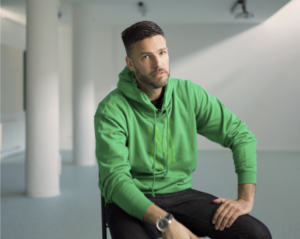
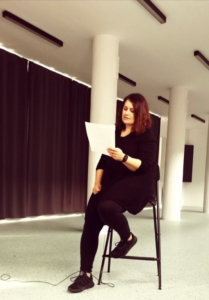
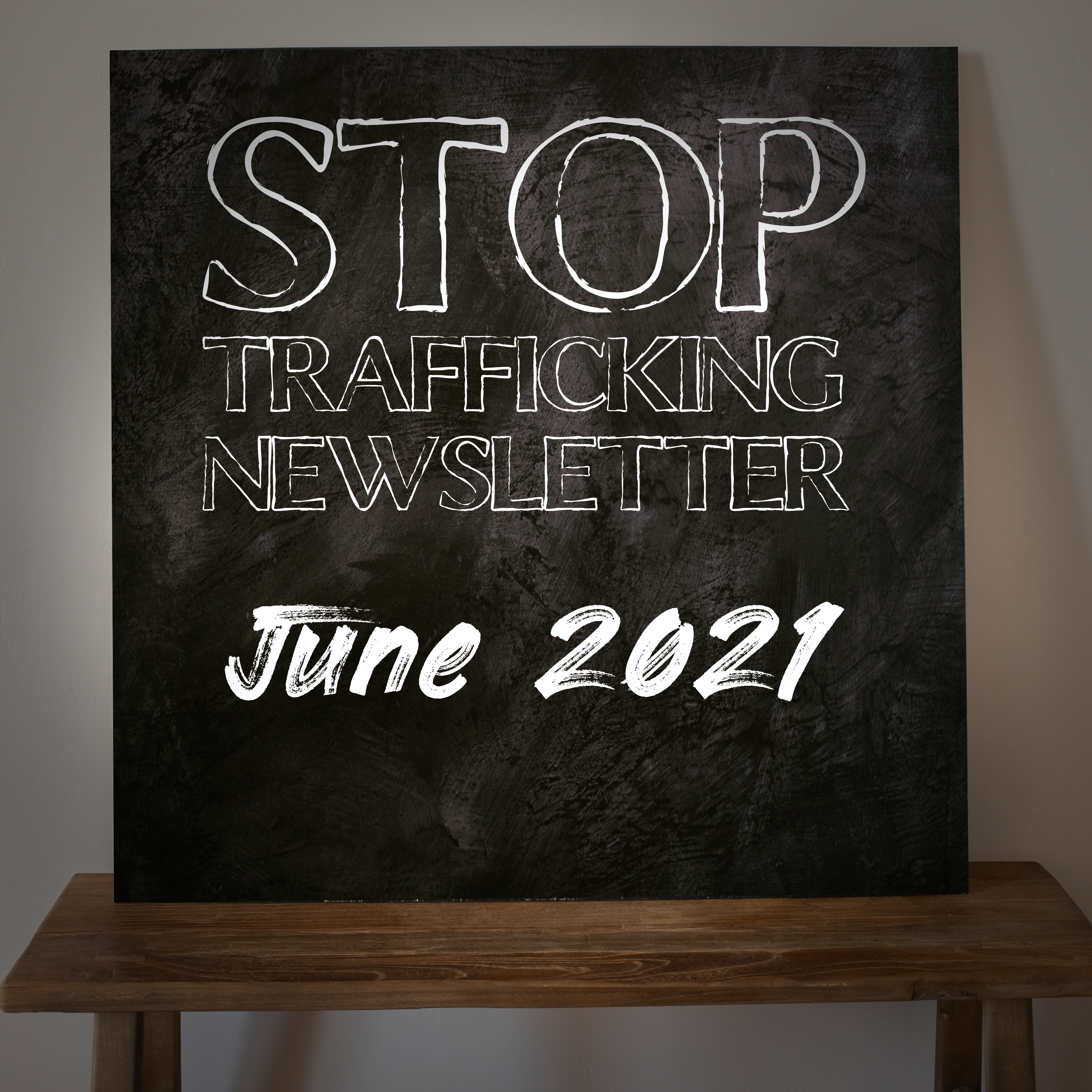
Last year’s Trafficking in Person’s Report (TIP 2020) cited trafficking of persons with disabilities in reports on more than 40 countries. While trafficking for sexual and labour exploitation continues to prevail amongst persons with disabilities, an additional concern is the exploitation of persons with disabilities for the purposes of theft of social security and disability benefits. People with disabilities are three and a half times more likely to be victims of sexual assault and more likely to be the victims of violent crimes. Most victims know their perpetrators, while a quarter of victims of violent crime believe they were targeted because of their
disabilities. Common forms of trafficking of people with disabilities include commercial sexual exploitation, forced labour, debt bondage, forced begging or peddling, involuntary servitude and servile marriage.
Click here to download the June 2021 newsletter (English).
Haga clic aquí para descargar el boletín de Junio 2021 (Spanish)
Link to the U.S. Catholic Sisters Against Human Trafficking website:
https://www.sistersagainsttrafficking.org/stop-trafficking-newsletter/
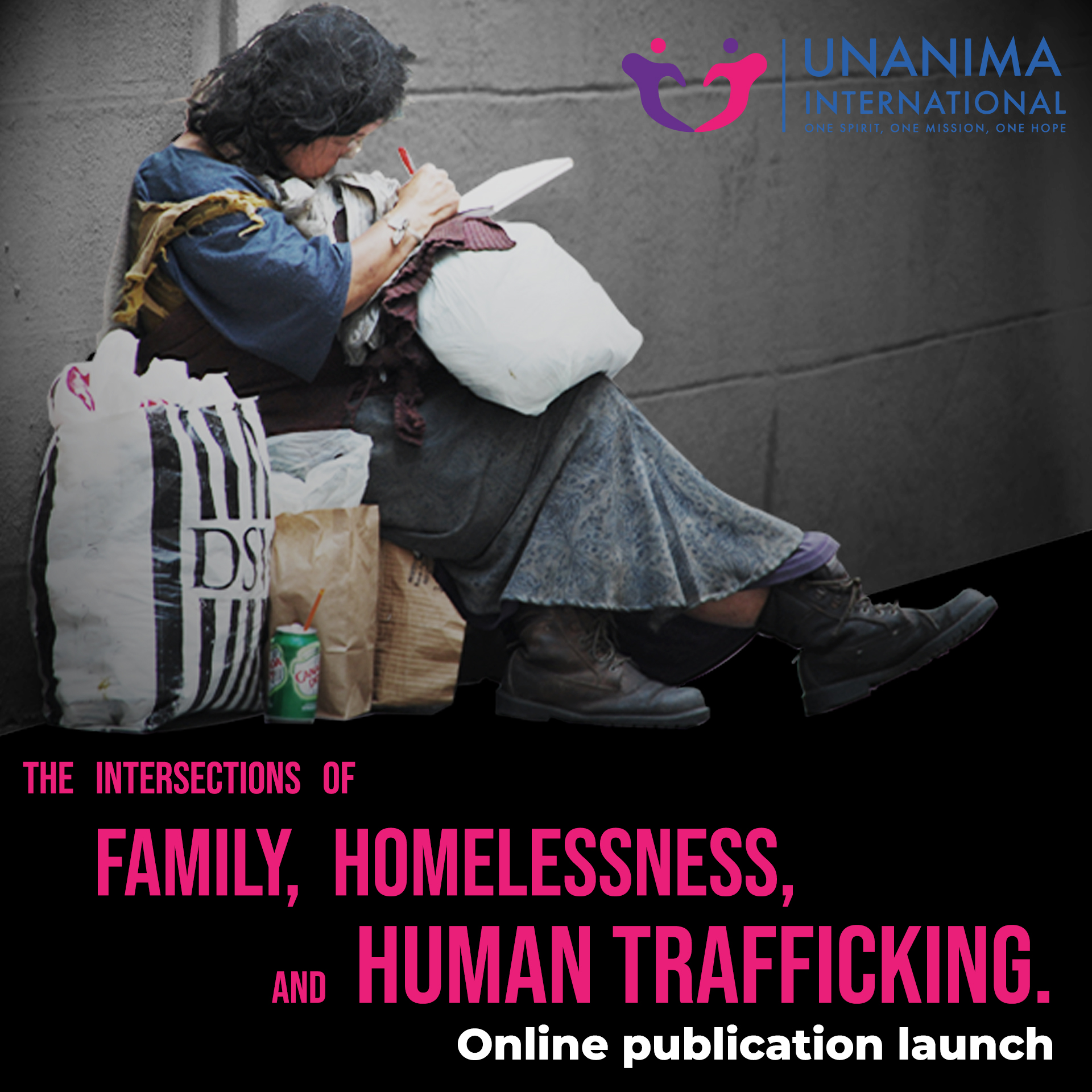
‘’The Intersections of Family Homelessness and Human Trafficking.’’ 11 May 2021. Webinar to mark the launch of UNANIMA International publication.
UNANIMA International is a coalition of communities of women religious –in 83 countries – who bring their voices, concerns and experiences as educators, health providers, social workers, development and community builders to the United Nations (UN).
UNANIMA International’s continued and evolving focus on women and children/girls who have been displaced has prompted the organization to take a lead role, including research, in homeless advocacy at the United Nations. Its present focus is on homelessness and displacement as one of several global concerns it seeks to address, at the United Nations.
“Transforming our world” is the core mantra for 2030 Agenda for UN Sustainable Development Goals and its pledge to ‘leave no one behind, especially those furthest left behind.’ Addressing family homelessness, displacement and trauma are integral to achieving that 2030 agenda. In this regard, UNANIMA undertook a significant piece of research on ‘The Intersections of Family Homelessness and Human Trafficking,’ including reflections on the lived experiences of homeless and trafficked persons; along with service providers; advocates and policy makers.
At its launch, speakers were represented from Australia, the Philippines, India, Italy, Albania, USA and Ireland, giving a wide-ranging view of the plight of people suffering the trauma of homelessness, and this trauma combined with human trafficking in some instances.
Sr. Noelene Simmons, ACRATH (Australian Catholic Religious Against Human Trafficking), s outlined its response to emerging issues of migrants and homelessness.
A woman from the Philippines told her heart-rending story of surviving trafficking and homelessness, attributing her recovery to the support she received from women religious who guided her rehabilitation.
The Co-ordinator of Talitha Kum – a network of Catholic nuns working in anti-human trafficking – Gabriella Bottani, shared on trans-national, collaborative anti-human trafficking work across 92 countries, seven Continents. Its theme for 2021 International Day of Prayer Against Human Trafficking (IDPAHT), 8th February, An Economy without Human Trafficking highlighted the present dominant economic model as one of the major causes of human trafficking. Adi Shakti shared about the SoulWork initiative in India.
Rocio Moron and Kirin Taylor shared on the work of UNANIMA International, specifically the work behind the creation of its publication and Amarachi Grace Ezeonu, SND, representing the sisters of Notre Dame de Namur at the UN, shared her mission of advocacy on family displacement, homelessness and human trafficking.
Imelda Poole, IBVM, President RENATE Europe spoke to the central themes of family, homelessness, and human trafficking, with power-point slides.
Drawing upon her work at Mary Ward Loreto Albania with its mission to end human trafficking and exploitation, Imelda shared from her years of experience working with people in dire poverty leaving them homeless. She also shared her work on human trafficking, homelessness and the cross-border transits that is the reality for the those marginalised in Albanian society. Her account illustrated a starkness to the real-life situations for the Roma community in Albania and the undocumented Romanian girls on the street at Euston station, London.
Imelda went on to say how Ineffective legislation plays its own part in the intersections of family homelessness and human trafficking when in so many, many countries worldwide, domestic workers (largely immigrant women) are often unprotected by labour laws.
In addition to each one’s particular story, the impact of the COVID-19 pandemic was referenced by all speakers, but Imelda highlighting additional impacts such as the closure of homeless shelters and drop-in centres; the closure of police front-desks; Charities and NGOs being furloughed and the ensuing lack of supports to support and protect homeless people. It all contributes to destitute and desperate people falling into the hands of predators who lurk on the mean streets, watching for and seizing upon the opportunity to exploit those who are at their most vulnerable.
Referencing a UK based foundation, Street Links, https://www.streetlink.org.uk Imelda laid bare the undisputed truth that displaced peoples have human rights and are members of society and yet they suffer daily deprivation and discrimination (Street Link app).
With increased unemployment arising from the pandemic, hundreds of homeless people are recruited into ‘slave’ labour, recruited form street corners and soup kitchens, lured by the empty promises of cash, food, drink or drugs. Imelda talked about these hopeful people being locked into squalid conditions, beaten, forced to work unrelenting hours and without access to fundamental human rights.
She challenged us living in the UK, with ‘which of us can say we don’t know much of this’ now that radio programmes such as The Archers and drama TV shows such as Grey’s Anatomy have incorporated the themes of human trafficking and homelessness in various episodes in the past year?
But it was Imelda’s statement that society causes human trafficking which created the greatest impact, as step-by step, she peeled back the onion-like layers of society, exposing our complicity – albeit indirectly mostly– in factors contributing to human trafficking: systemic poverty, breakdown of family leading to dysfunction, homelessness as we demand cheaper goods and services to maximise profits
In the face of the moral imperative to respond to the question ‘’what can be done?’’ Imelda pointed out some very basic steps such as the following;
The launch of The Intersections of Family Homelessness and Human Trafficking has opened the door and shone a light for all to see.
Just as society – individuals as well as policy-makers – responsible for allowing homelessness, exploitation and human trafficking to continue, all are equally responsible to step up and play a crucial role to end these open-wounds on contemporary society.
Her final message is: Let us all play our part together, mindful of the simple steps we need to take.
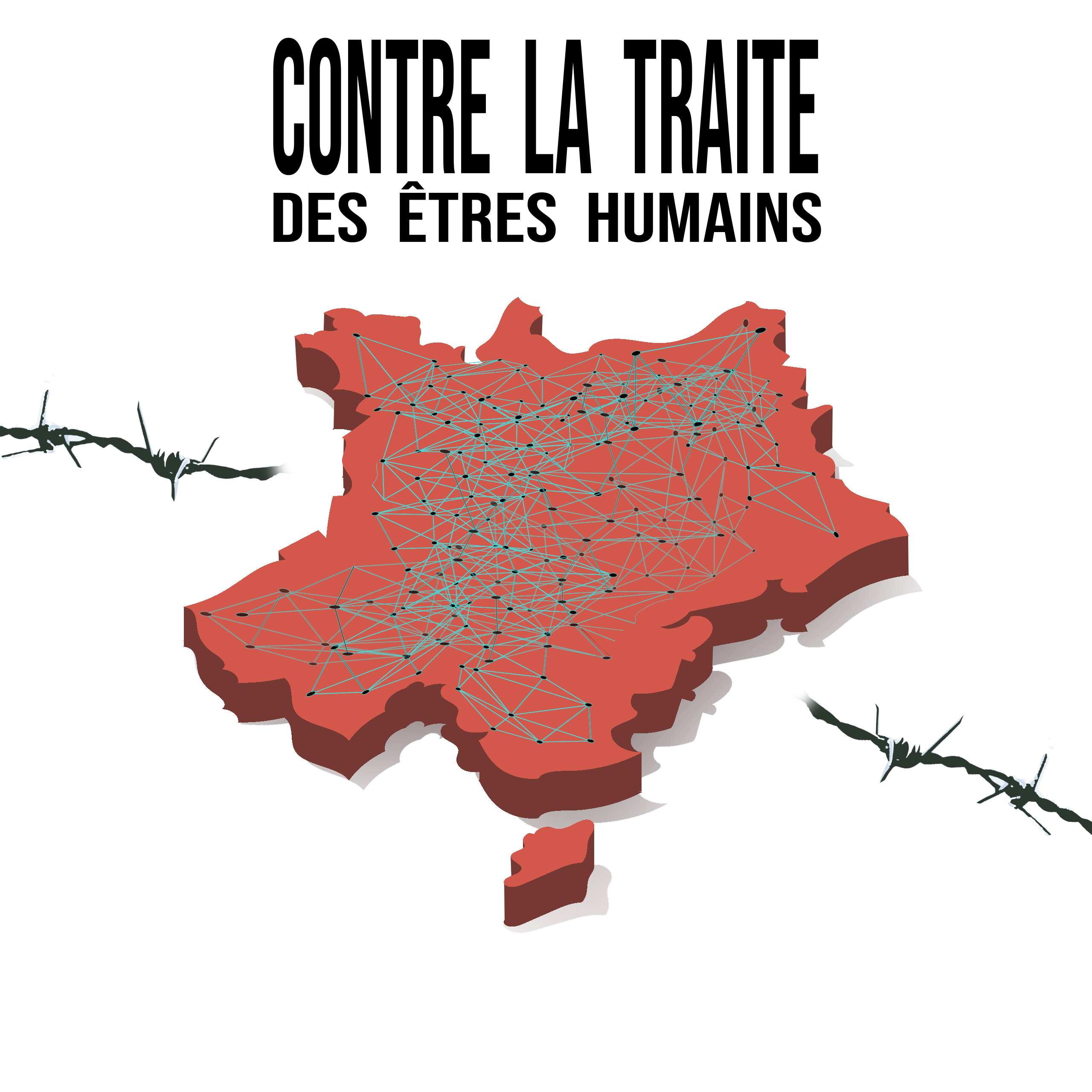

The March 2021 edition of the Newsletter leads with an emphasis on the Worlds Day against Child Trafficking, 16 April, 2021.
Despite Article 4 of the Universal Declaration of Human Rights declaring ‘’No one will be held in slavery or servitude; slavery and trafficking are prohibited in all their forms,’’ there continues to be an escalation in the numbers of children and youths trafficked worldwide.
Raising awareness about this crime is an essential action to help in prevention. The Newsletter contains a link to a video created for this very purpose, to raise awareness amongst age groups 6 to 10.
Additional content focuses on a number of inter-connected themes such as adapting accommodation proposals in order to assist Human Trafficking victims; safe accommodation provision and multi-disciplinary supports to assist victims; supporting Human Trafficking victims as they navigate the world of work.
This and much, much more at: http://www.contrelatraite.org/contre-esclavage-enfants
Attributions
Feature image designed by Greg Savvides with source content from:
The latest Annual Report from GRETA – the Council of Europe’s group of Experts on Action against Trafficking in Human Beings- expresses concerns that the Covid-19 pandemic is having a worrying impact on human trafficking across Europe and states should do more to prevent it.
Read about the 40th Plenary session of GRETA and elects a new President and Vice-Presidents. Helga Gayer, who is Deputy Head of the analysis unit dealing with trafficking in human beings at the German Federal Criminal Police, was elected as GRETA’s President. Antoaneta Vassileva, senior expert in Animus Association/La Strada Bulgaria and Programme Co-ordinator at the Bulgarian Safer Internet Centre was elected as GRETA’s First Vice-President. Julia Planitzer, Associated Expert at the Ludwig Boltzmann Institute of Human Rights in Vienna, was elected as GRETA’s Second Vice-President.
With the increase of labour exploitation as the predominant form of human trafficking, GRETA publishes new guidance for states to combat human trafficking and labour exploitation.


FOCUS: This issue highlights the findings of the Global Trafficking in Persons Report, 2020, published by the United Nations Office on Drugs and Crime (UNODC).
Released on 2 February 2021, this is the fifth Global report by the UNODC. The data is from 2018, prior to the pandemic and therefore does not reflect the developments that have taken place since 2020 and the global impact of the pandemic. However, the UNODC notes the economic fallout from COVID-19 has left millions more people vulnerable to trafficking.
With more women, men and children throughout the world out of school, out of work, without social support and facing diminished prospects, targeted action is urgently needed to stop crimes like trafficking in persons from adding to the pandemic’s toll.
This month’s edition of the STOP Trafficking Newsletter covers the following:
1. Victims of labour trafficking may be hidden in plain sight, labouring for well-known companies.
2. Distinct victim profiles and exploitative patterns and trends are examined in the following areas:-
Domestic work; the construction industry; the fishing industry.
3. Migration and labour trafficking.
4. How the internet and social media are increasingly being used by traffickers to exploit their
victims.
5. Human Trafficking within the context of regional overviews.
6. Human Trafficking of children- for forced labour and for sexual exploitation.
Actions to be undertaken, recommended resources and much, much more in yet another
informative edition of the STOP Trafficking Newsletter from the US Catholic Sisters Against Human
Trafficking.